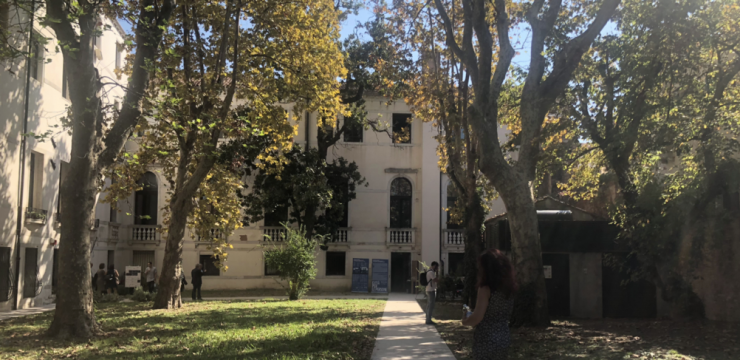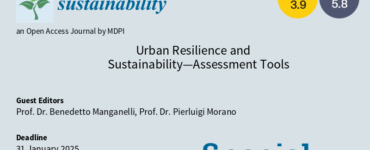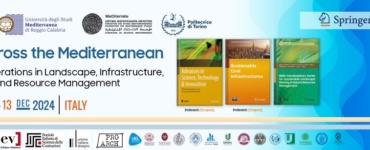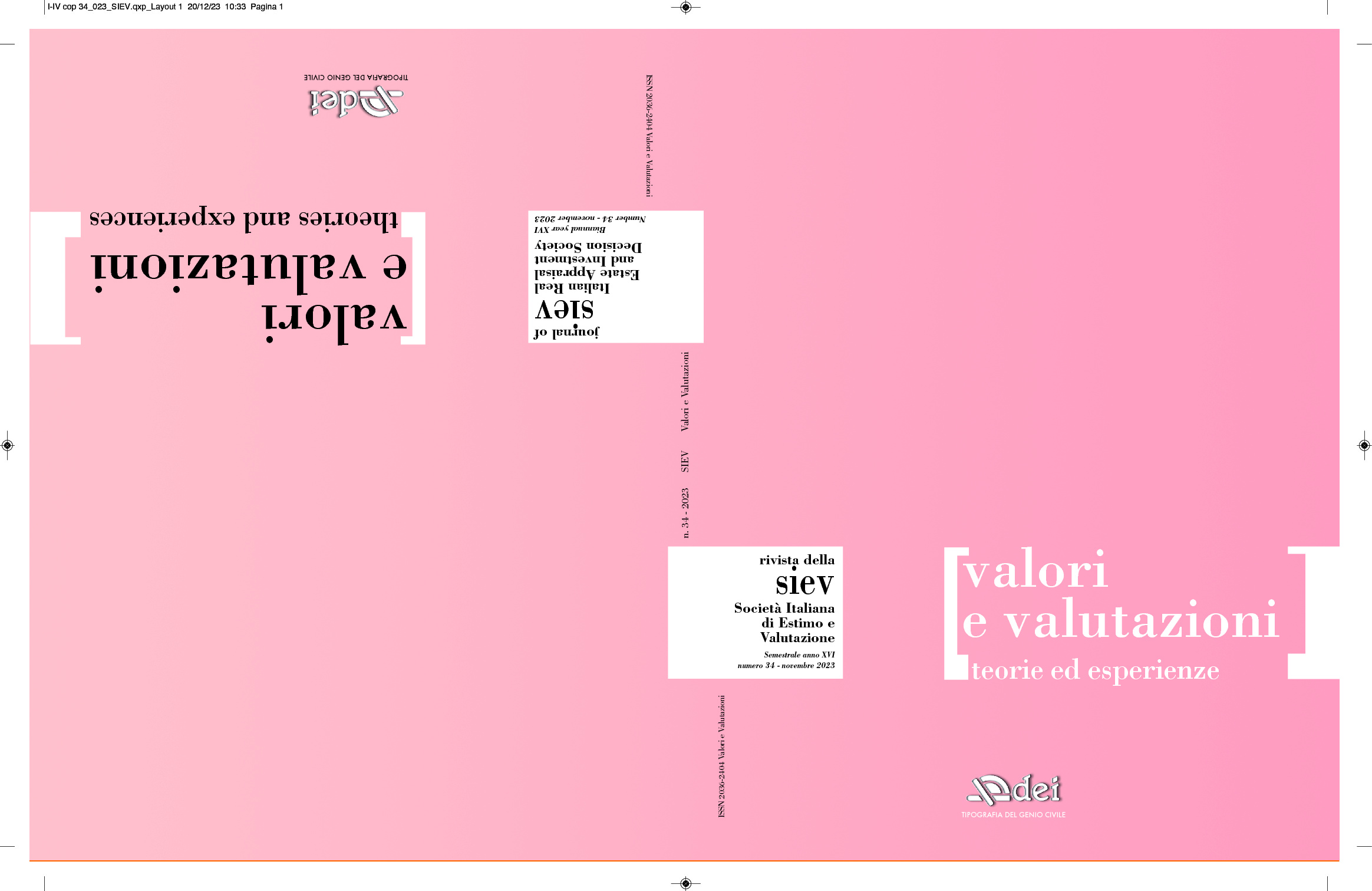September 18, 2020
The rethinking of the development models proposed by the circular economy requires to review all stages of production related to the use of primary resources and pay attention to the entire production cycle, through the enhancement not only of natural capital (primary resources and environmental impacts), but also of social (work and well-being) and economic (investments and incomes). The urban environment, in the two variations of the built and the common space, represents a crucial area in which to apply the principles of the circular economy to turn the course towards a zero-consumption or almost zero economy of irreproducible resources (natural and anthropogenic). For full adherence to this paradigm, therefore, models of analysis and evaluation are necessary, able, on the one hand, to help identify causal and retroactive connections between the different elements of the system, and, on the other, to highlight the complex system of economic conveniences underlying. The objective is to identify the paths of “least cost” of intervention possible in order to design goods and products for multiple uses, safeguarding the environment and generating income opportunities at the same time. The fundamental principle is to structure processes that create value rather than extract it, so as to have a momentum towards the future of a sustainable economy that generates better effects/impacts/economic, environmental and social results. Within this context, evaluation models therefore play a key role in reorganizing production, planning, and regeneration processes for closing the circle. In fact, through the identification of circularity criteria, their respective metrics and the development of models of estimation of the generated values, the estimative and evaluation discipline seems able to make a central contribution in identifying the points of the value flows generated by urban organisms and reorienting them towards a transition from cities from waste hierarchy to so-called circularity hierarchy. The seminar aims to reflect on the role of assessment models to support decision-making processes in the construction of the circular city with a focus on the following topics:
- Urban regeneration and land use
- Adaptive reuse of architectural heritage
- Management of urban waste, secondary raw materials, recycling/reuse
- Bioeconomy and urban agriculture
- Social sharing, inclusion and sharing economy
- Water and energy systems management
- Sustainable mobility and urban infrastructure
The seminar is organised in an introductory session where two main reports will be presented:
- Circular Economy: The origin and evolution of a concept
- From linear to circular
Several sessions will follow, which will be organized in line with the themes of the contributions that will be proposed to the seminar.
Scientific and organizational committee of the seminar:
Francesca Abastante, Marta Bottero, Maria Cerreta, Sergio Copiello, Rocco Curto, Chiara D’Alpaos, Giulio Mondini, Grazia Napoli, Alessandra Oppio, Paolo Rosato, Stefano Stanghellini, Carmelo Torre.
For contacts: Francesca Abastante, francesca.abastante@polito.it; Marta Bottero, marta.bottero@polito.it; Chiara D’Alpaos, chiara.dalpaos@unipd.it













Add comment